The above information was given at the scientific workshop "Enhancing international cooperation and improving the capacity to propose scientific tasks, innovation and digital transformation in green agricultural development" organized by NAFOSTED on August 15, 2025 in Nha Trang, gathering a large number of managers, scientists, experts, businesses and international organizations.
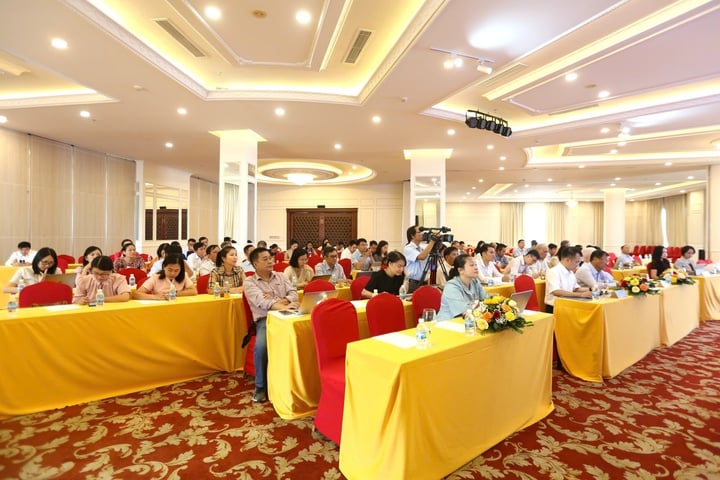
Overview of the Workshop.
Open mechanism, creating international cooperation, promoting green agriculture initiatives
In his opening speech, Associate Professor, Dr. Dao Ngoc Chien, Director of NAFOSTED, emphasized that green agriculture is becoming a global trend; requiring the synchronous participation of many subjects, in which scientific research, innovation, digital technology and international cooperation play a key role.
With the function of funding basic research, applied research, international cooperation and commercialization of research results, over the years, NAFOSTED has funded thousands of high-quality scientific research tasks, providing focused and key support; many of which have been published internationally with great prestige and have had a great impact in the scientific community; at the same time, creating favorable conditions for scientists, research organizations, businesses and localities to promote initiatives and build effective solutions for sustainable development. In addition, the Fund's international cooperation activities have been increasingly expanded, establishing relationships with more than 20 partners in developed countries, creating conditions for Vietnamese scientists to access bilateral and multilateral funding programs, improve capacity and expand research space.
According to Mr. Dao Ngoc Chien, in order to make more effective use of international funding opportunities and mobilize social resources for scientific research and innovation, it is necessary to continue to improve the quality of task proposals, innovate implementation thinking, as well as pay attention to factors such as intellectual property, commercialization of research results and linkages to practical applications; especially in potential fields such as green agriculture.
Mr. Dao Ngoc Chien hopes that after the Workshop, many creative ideas will be formed, many quality proposals will be built and especially many strategic cooperation relationships will be initiated - contributing to making science and technology, innovation and digital transformation truly become the driving force for the development of Vietnamese agriculture in a green, sustainable and integrated direction.
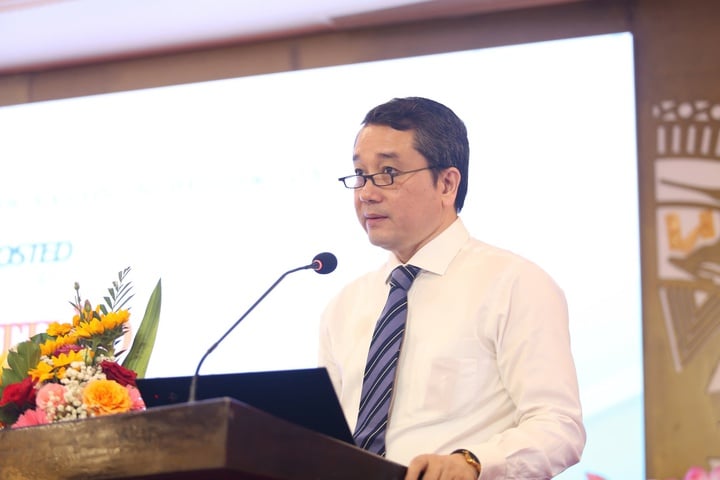
Assoc. Prof. Dr. Dao Ngoc Chien, Director of NAFOSTED delivered the opening speech at the Workshop.
Introducing an overview of the Fund's international cooperation funding mechanism, Dr. Nguyen Phu Binh, Deputy Director of NAFOSTED, said that NAFOSTED is currently implementing three types of international cooperation tasks, including: Protocol tasks; Bilateral cooperation; Multilateral cooperation. International cooperation tasks are implemented through signing MOUs between the two countries; organizing connections between scientists of the two countries; calling for joint funding; evaluating, funding, implementing and accepting; in which scientists are proactive in proposing content and products and do not have to "defend" directly before the council.
The new point in funding management is to prioritize funding according to the fund mechanism, accept risks when results are not as expected, allow for the allocation of raw materials and equipment, and exempt personal income tax on state budget expenditures for science and technology tasks. Procedures for documents, certificates, and payments are also simplified...
In the coming period, the Fund aims to improve the mechanism, transparency, simplify procedures, and international compatibility; promote priority areas such as strategic technology, high technology, etc.; increase funding, number of tasks, and total funding for international cooperation tasks; expand cooperation with the US, Canada, Australia, etc.; increase the number of tasks in each country; and improve the quality of dossiers. Thereby, improving the quality of NAFOSTED research - playing the role of a bridge to promote the integration of science and technology, innovation, and digital transformation.
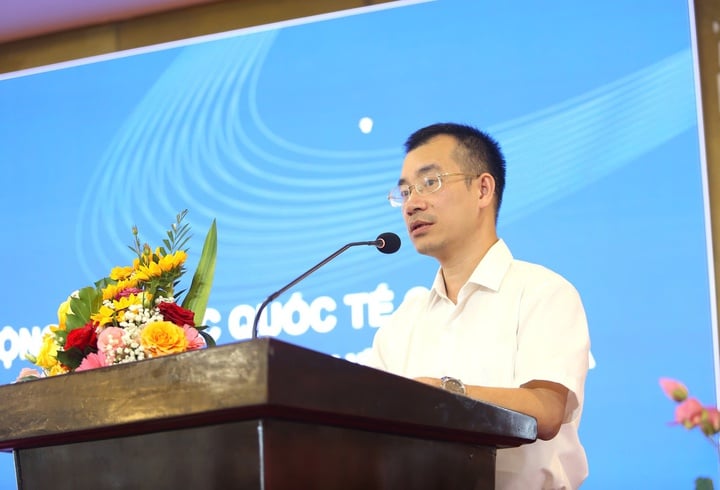
Dr. Nguyen Phu Binh, Deputy Director of NAFOSTED, introduced an overview of the Fund's international cooperation funding mechanism.
"Golden" experience to improve the quality of international cooperation documents
Reporting at the Workshop, Ms. Trinh Quynh Trang, Department of International Cooperation, said that in the period of 2021 - 2025, Vietnam has signed more than 90 cooperation documents, collected over 2,500 documents from joint research, and utilized international infrastructure and data. The long-term goal is to turn Vietnam into a regional innovation center with a solid science and technology foundation, a dynamic startup ecosystem and modern digital infrastructure; in which, international cooperation plays an important role, connecting global resources and enhancing Vietnam's position in the world scientific community.
In addition, she also shared her experience in preparing and improving the quality of international cooperation proposal documents, from understanding the funding process, application requirements and evaluation criteria, to the skills of writing coherent outlines, avoiding common mistakes, as well as methods for building effective connections with foreign partners. Accordingly, to increase the likelihood of success, units need to proactively build a strong international network, balance the feasibility and innovation of the proposal, and consult early with the International Cooperation Department to ensure orientation consistent with the priorities of each program.
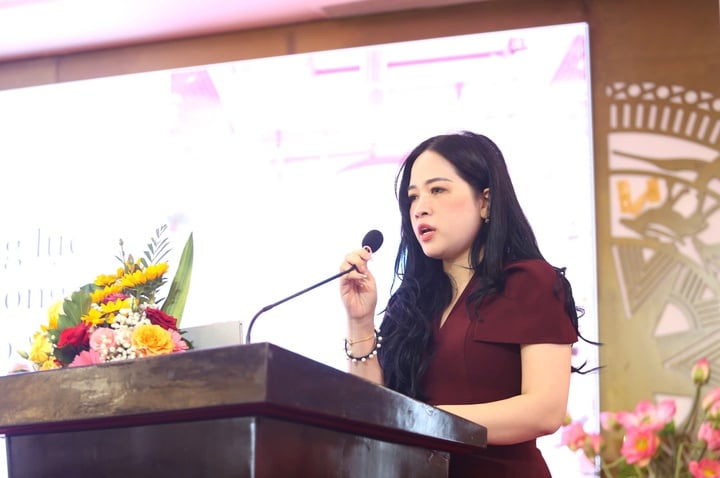
Ms. Trinh Quynh Trang, Department of International Cooperation, spoke at the Workshop.
Regarding the role of intellectual property (IP) in scientific research activities, IP protection for research results and exploitation of intellectual property from research results, Ms. Nguyen Thi Hoang Hanh, Department of IP recommends that research organizations need to establish a specialized IP department, develop policies for management and commercialization of intellectual property, promote cooperation between institutes, schools and enterprises in commercializing research results, and at the same time develop a clear IP strategy and action plan, choose appropriate forms of commercialization of research results and continuously update professional knowledge in this field to adapt to new trends.
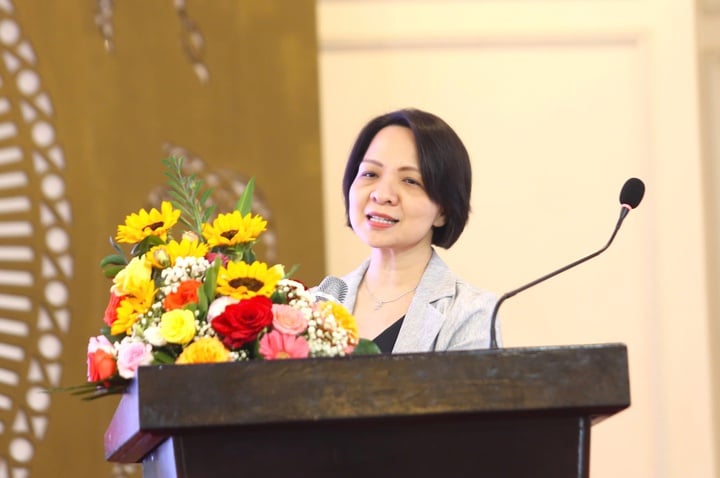
Ms. Nguyen Thi Hoang Hanh, Department of Intellectual Property spoke at the Workshop.
Sharing about the needs and orientations for green agricultural development in the direction of innovation, Mr. Nguyen Tri Ngoc, Vice President and General Secretary of the Vietnam General Association of Agriculture and Rural Development, emphasized that the agricultural sector needs to create a breakthrough with a system of synchronous solutions, develop ecological agriculture in the direction of multi-value, multi-sector and integrate economic - social and environmental values. Accordingly, it is necessary to apply high technology such as using technologies such as sensors, Internet of Things (IoT), artificial intelligence (AI) to monitor and control environmental factors in agricultural production, optimize resource use and improve production efficiency; The State needs to standardize and connect data on production management, consumption, planting areas, farming areas, epidemics, market forecasts between localities and the Central Government, apply AI, Big data to analyze, forecast trends, optimize resources; Encourage public-private partnership, socialize investment in digital platforms, specialized software, smart logistics, e-commerce for agriculture...
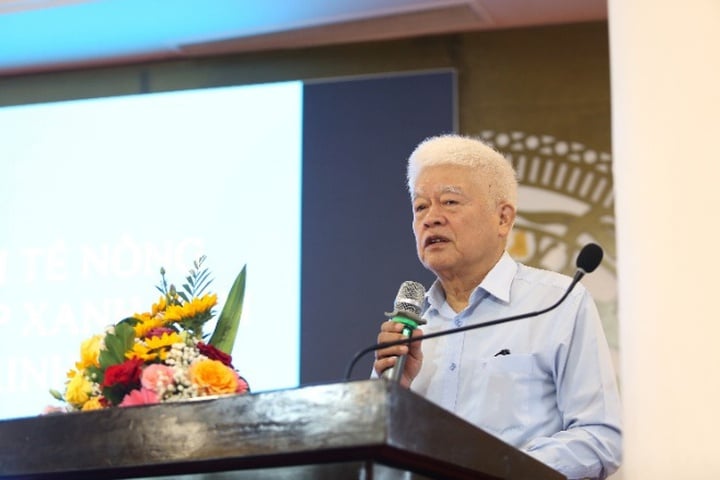
Mr. Nguyen Tri Ngoc, Vice President and General Secretary of the Vietnam General Association of Agriculture and Rural Development, spoke at the Workshop.
Regarding the innovative approach in proposing international cooperation tasks, linking enterprises - institutes - schools in implementation and proposing improvements in evaluation criteria and coordination mechanisms, Associate Professor, Dr. Tran Hung Tra, Head of the Faculty of Mechanical Engineering, Nha Trang University, said that choosing the right partner determines 50% of the success of a cooperation project; therefore, it is necessary to develop a comprehensive set of evaluation criteria, referring to prestigious organizations such as IEEE. At the same time, it is recommended to establish innovation groups linking institutes - schools - enterprises, perfecting the evaluation criteria for cooperation tasks and building a unified coordination mechanism. "For Vietnam, if this model is successfully implemented, it will become an important driving force to realize the goal of a high-income country and a regional innovation center - which requires strategic vision and drastic and synchronous actions from the Government, institutes/schools and the business community," he emphasized.
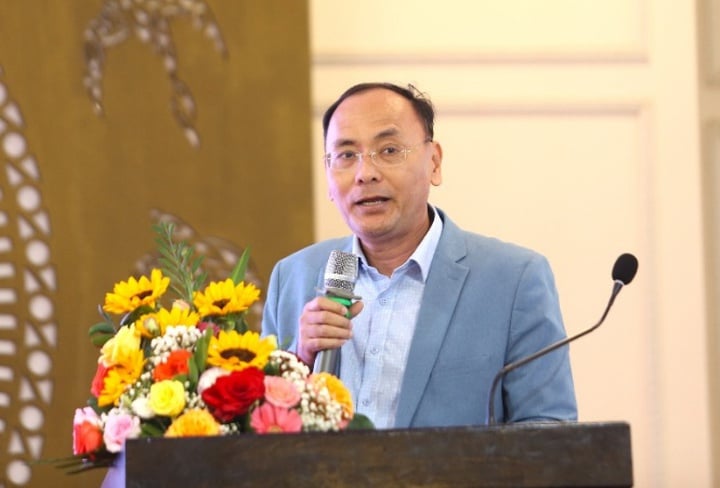
Assoc. Prof. Dr. Tran Hung Tra, Head of Faculty of Mechanical Engineering, Nha Trang University spoke at the Workshop.
At the workshop, delegates exchanged, discussed, suggested initiatives, discussed solutions for applying innovation, digital transformation and strengthening intellectual property protection in green agricultural development; at the same time, connected the cooperation network between scientists - research institutes, universities - businesses and localities at home and abroad to form interdisciplinary, linked and highly feasible proposals, programs and projects. Thereby, improving the capacity to build, complete and propose science and technology tasks that meet international criteria.
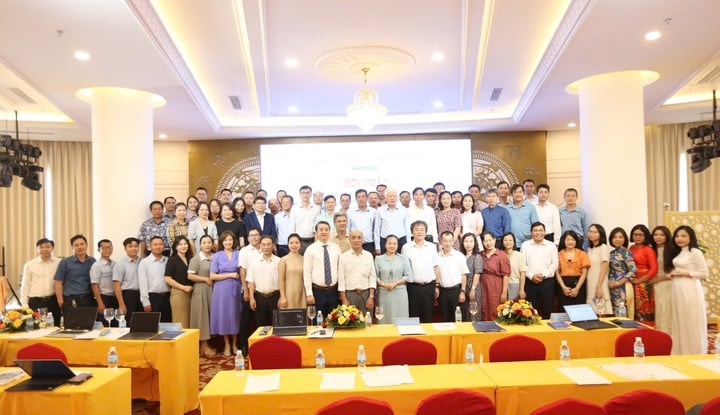
Delegates take souvenir photos.
Source: https://mst.gov.vn/nafosted-day-manh-hop-tac-quoc-te-nang-cao-nang-luc-de-xuat-nhiem-vu-khcndmstcds-trong-nong-nghiep-xanh-197250815152759155.htm








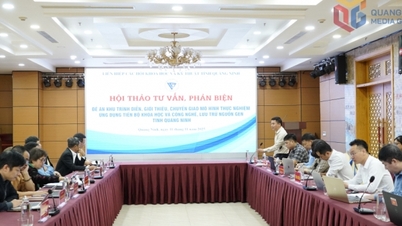



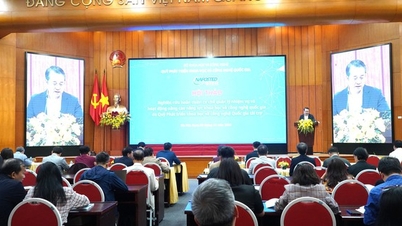
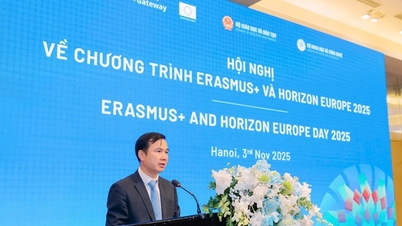
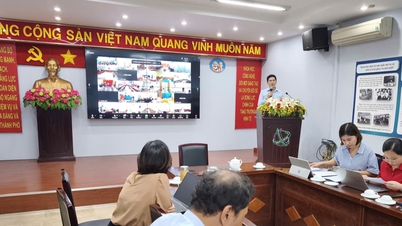

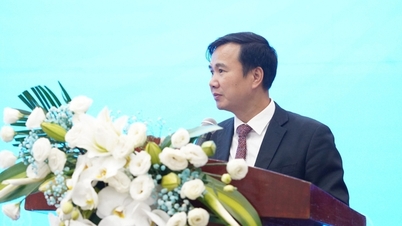
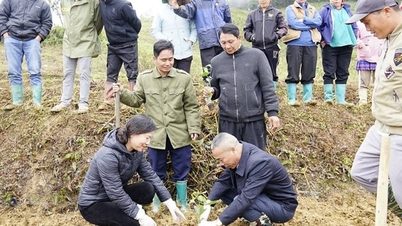



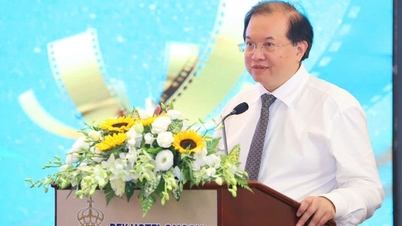
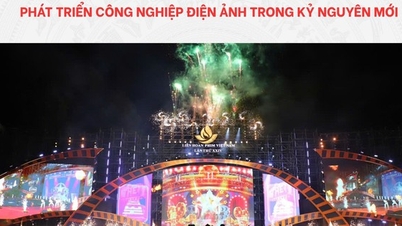
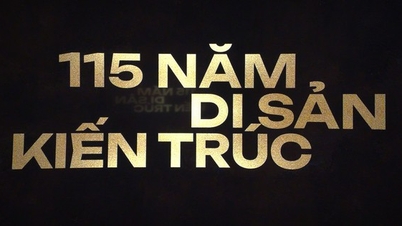






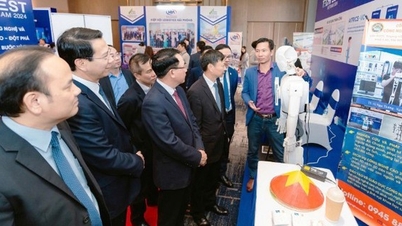
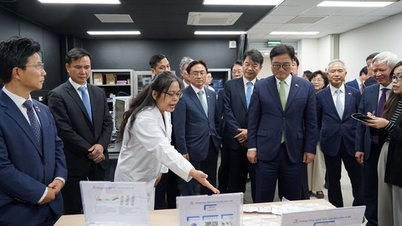

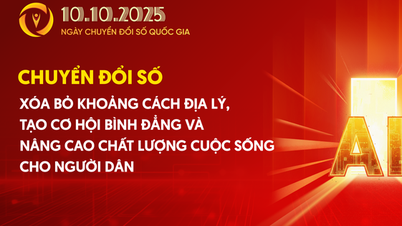
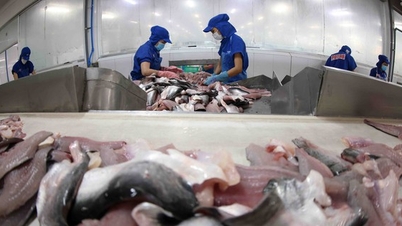

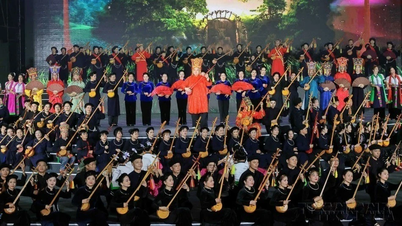



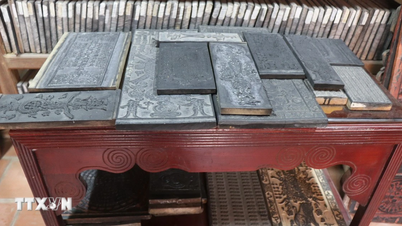

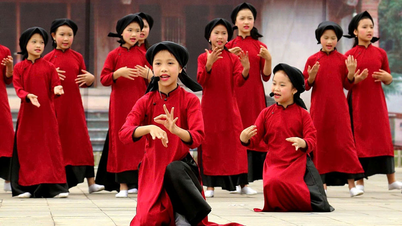

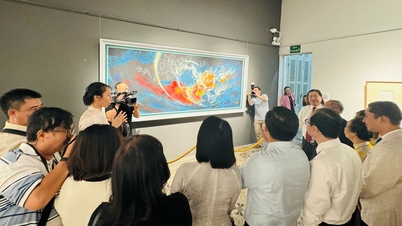


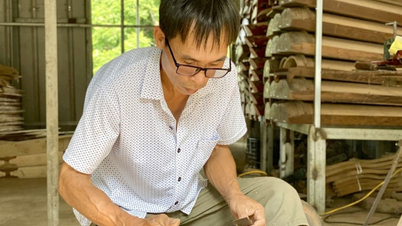

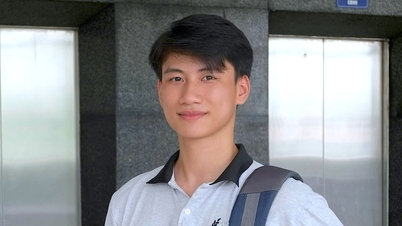

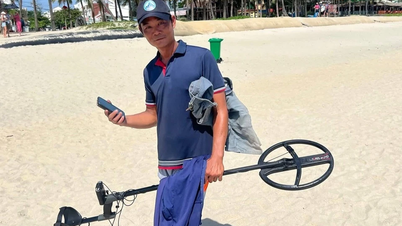

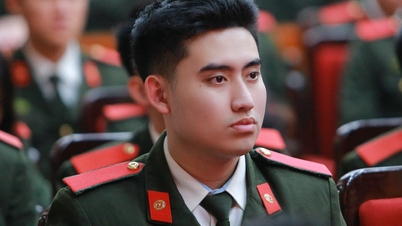

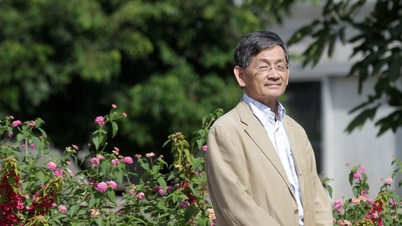


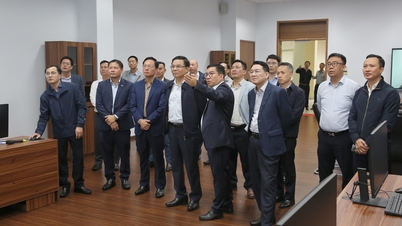











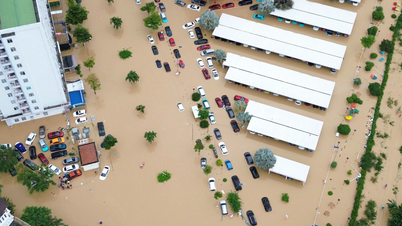
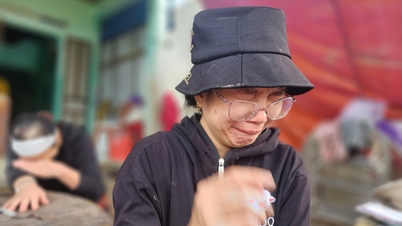

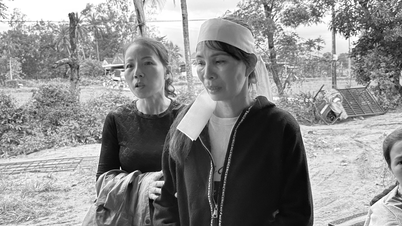
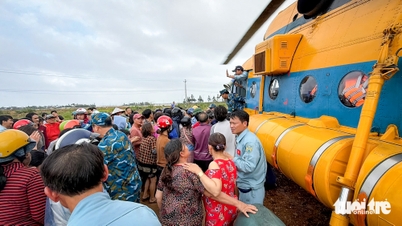




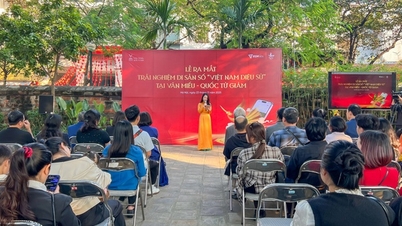
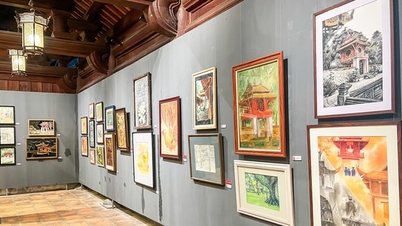
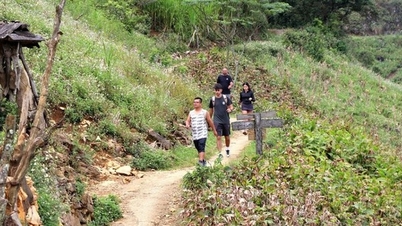
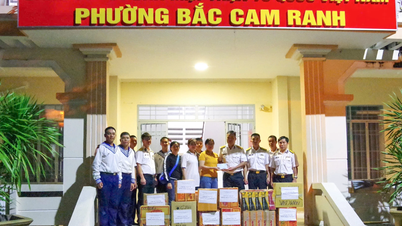

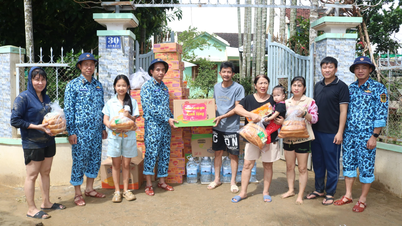
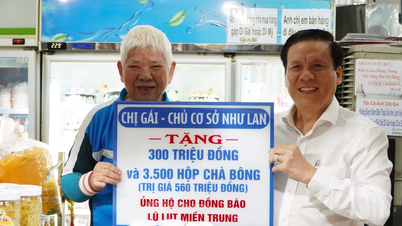

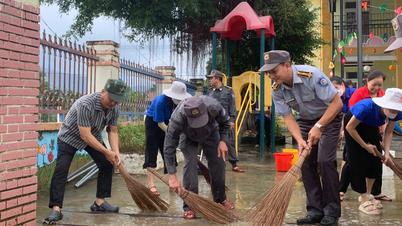
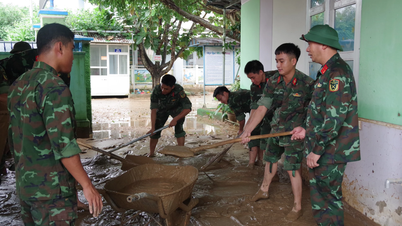













Comment (0)